My book, #TheCancerProblem: Malignancy in Nineteenth-Century Britain, is being published by @OUPHistory next week. Since we can& #39;t do in-person book launches, I thought I& #39;d compile a thread to give you a taster of what awaits if you/your uni is lucky enough to acquire a copy  https://abs.twimg.com/emoji/v2/... draggable="false" alt="🦀" title="Krabbe" aria-label="Emoji: Krabbe">
https://abs.twimg.com/emoji/v2/... draggable="false" alt="🦀" title="Krabbe" aria-label="Emoji: Krabbe"> https://abs.twimg.com/emoji/v2/... draggable="false" alt="🧵" title="Thread" aria-label="Emoji: Thread">
https://abs.twimg.com/emoji/v2/... draggable="false" alt="🧵" title="Thread" aria-label="Emoji: Thread">
#TheCancerProblem tells the story of malignancy in C19 Britain and its Empire. There was no & #39;conspiracy of silence& #39; surrounding cancer in the C19. Instead, it was then that the disease acquired the unique symbolic, emotional, and politicised status it maintains today
The book makes two key arguments. https://abs.twimg.com/emoji/v2/... draggable="false" alt="1⃣" title="Tastenkappe Ziffer 1" aria-label="Emoji: Tastenkappe Ziffer 1">From the late C18, cancer was defined as not just incurable, but unusually so. Cancer can, therefore, prompt us to rethink the very notion of & #39;incurability& #39;, both past and present.
https://abs.twimg.com/emoji/v2/... draggable="false" alt="1⃣" title="Tastenkappe Ziffer 1" aria-label="Emoji: Tastenkappe Ziffer 1">From the late C18, cancer was defined as not just incurable, but unusually so. Cancer can, therefore, prompt us to rethink the very notion of & #39;incurability& #39;, both past and present.
In this book, I take a more expansive understanding of incurability to allow us to see the concept, perhaps paradoxically, as productive. Cancer’s incurability was not just an obstacle to overthrow, but a galvanizing and intellectually provocative idea...
...one that shifted medicine, healthcare, and professional identity in profound and lasting ways. I show how cancer’s incurability enabled the construction of professional credentials and community values; made hospitals into places for treating terminal illness...
...made possible the invention of palliative surgery as a means of relieving suffering without performing a ‘complete’ cure; and brought into being certain modes of investigating the disease, such as mapping, the microscope, and discourses of progress and decline.
with ‘modern life’. I argue that C19 versions of medical modernity were dependent on cancer and that the disease was perceived as a product and pathology of progress
The book also makes other, smaller arguments! It begins by looking at a community of doctors and patients who lived and worked in the streets surrounding the Middlesex Hospital in London, where in 1792 the country& #39;s first cancer ward was established  https://abs.twimg.com/emoji/v2/... draggable="false" alt="🏥" title="Krankenhaus" aria-label="Emoji: Krankenhaus">
https://abs.twimg.com/emoji/v2/... draggable="false" alt="🏥" title="Krankenhaus" aria-label="Emoji: Krankenhaus">
The hospital& #39;s archives contains the case notes of poor men and women who lived with and died from cancer in C19 London. #TheCancerProblem uses these archives to explore pain, suffering, the codification of cancer, and its construction as an incurable malady
I argue that cancer& #39;s incurability prompted the development of a kind of palliative surgery, one that sought to alleviate suffering rather than & #39;cure& #39;. I also suggest that the peculiarities of #TheCancerProblem redrew the boundaries between orthodoxy and quackery
Faced with cancer& #39;s incurability, mid-C19 doctors and public health practitioners sought alternative ways to think about and manage malignancy. They tried to impose order onto the messiness of #TheCancerProblem by counting, tabulating, and mapping its incidence
Then, they had another idea. Maybe cancer was contagious and maybe, just maybe, if they identified the guilty microbe it could - just like other epidemic diseases of the late century - be controlled?
By the end of the C19, cancer seemed to be increasing in prevalence. However, this increase was uneven. It seemed to expanding at a greater rate in wealthy, affluent areas of Britain and it seemed to affect & #39;superior races& #39; more than their & #39;inferior& #39; counterparts...
If cancer was not latent in the landscape, nor a waxing and waning infectious disease, then maybe cancer’s increasing incidence was a sign of some change in the bodies and
lifestyles of the British nation and its inhabitants?
lifestyles of the British nation and its inhabitants?
You& #39;ll have to buy/borrow it to find out whether cancer really was a product of progress...! You can find a copy here and hopefully in any good university library. Please do ask me any questions, very happy to chat about all things cancer  https://abs.twimg.com/emoji/v2/... draggable="false" alt="🦀" title="Krabbe" aria-label="Emoji: Krabbe"> https://global.oup.com/academic/product/the-cancer-problem-9780198866145?cc=gb&lang=en&#">https://global.oup.com/academic/...
https://abs.twimg.com/emoji/v2/... draggable="false" alt="🦀" title="Krabbe" aria-label="Emoji: Krabbe"> https://global.oup.com/academic/product/the-cancer-problem-9780198866145?cc=gb&lang=en&#">https://global.oup.com/academic/...
If you& #39;re into  https://abs.twimg.com/emoji/v2/... draggable="false" alt="🎧" title="Kopfhörer" aria-label="Emoji: Kopfhörer">audiobooks
https://abs.twimg.com/emoji/v2/... draggable="false" alt="🎧" title="Kopfhörer" aria-label="Emoji: Kopfhörer">audiobooks https://abs.twimg.com/emoji/v2/... draggable="false" alt="🎧" title="Kopfhörer" aria-label="Emoji: Kopfhörer">, you can also buy & listen to it here: https://www.audible.com/search?keywords=agnes+arnold-forster&ref=a_hp_t1_header_search">https://www.audible.com/search...
https://abs.twimg.com/emoji/v2/... draggable="false" alt="🎧" title="Kopfhörer" aria-label="Emoji: Kopfhörer">, you can also buy & listen to it here: https://www.audible.com/search?keywords=agnes+arnold-forster&ref=a_hp_t1_header_search">https://www.audible.com/search...
Or! If you want to listen to me talk *about* the book, you can tune in to this @NewBooksNetwork podcast: https://newbooksnetwork.com/the-cancer-problem">https://newbooksnetwork.com/the-cance...

 Read on Twitter
Read on Twitter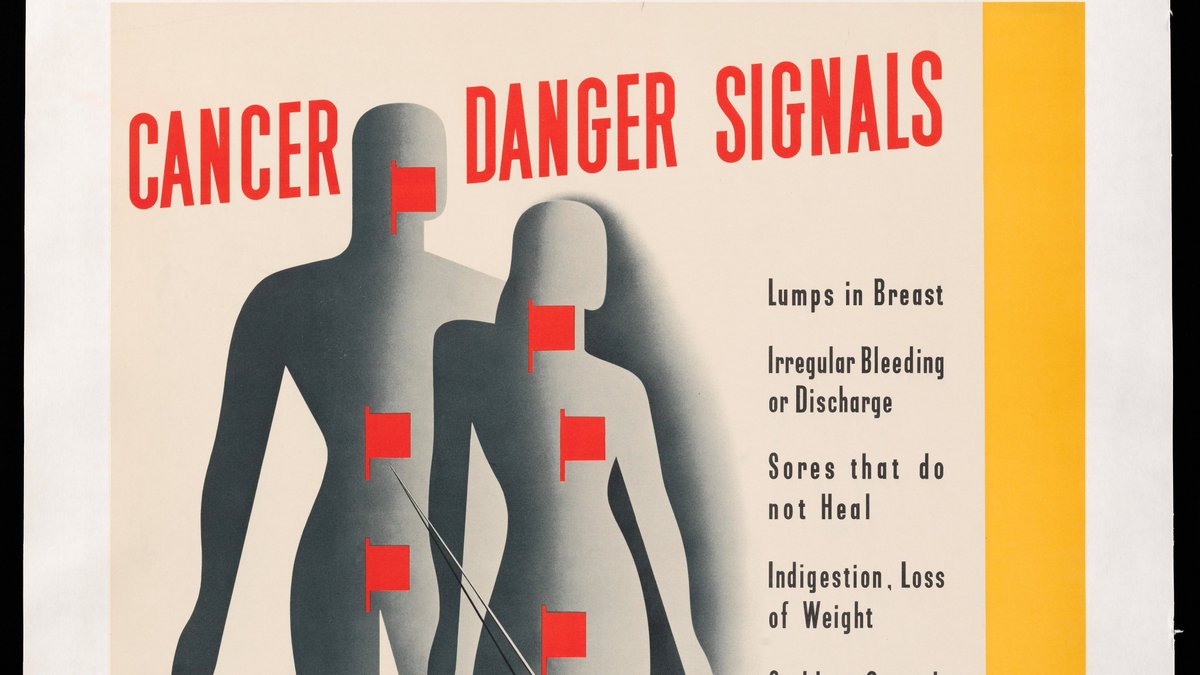
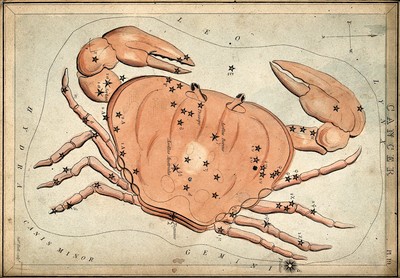 #TheCancerProblem also argues that this incurability was implicated in cancer’s complex relationshipwith ‘modern life’. I argue that C19 versions of medical modernity were dependent on cancer and that the disease was perceived as a product and pathology of progress" title="https://abs.twimg.com/emoji/v2/... draggable="false" alt="2⃣" title="Tastenkappe Ziffer 2" aria-label="Emoji: Tastenkappe Ziffer 2"> #TheCancerProblem also argues that this incurability was implicated in cancer’s complex relationshipwith ‘modern life’. I argue that C19 versions of medical modernity were dependent on cancer and that the disease was perceived as a product and pathology of progress" class="img-responsive" style="max-width:100%;"/>
#TheCancerProblem also argues that this incurability was implicated in cancer’s complex relationshipwith ‘modern life’. I argue that C19 versions of medical modernity were dependent on cancer and that the disease was perceived as a product and pathology of progress" title="https://abs.twimg.com/emoji/v2/... draggable="false" alt="2⃣" title="Tastenkappe Ziffer 2" aria-label="Emoji: Tastenkappe Ziffer 2"> #TheCancerProblem also argues that this incurability was implicated in cancer’s complex relationshipwith ‘modern life’. I argue that C19 versions of medical modernity were dependent on cancer and that the disease was perceived as a product and pathology of progress" class="img-responsive" style="max-width:100%;"/>
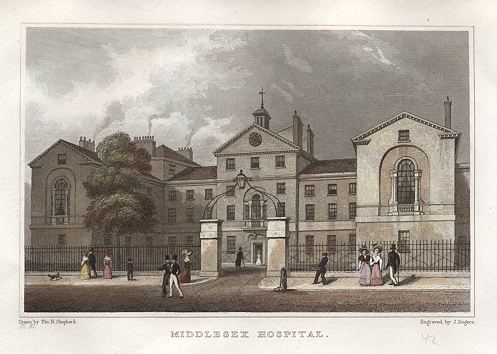 " title="The book also makes other, smaller arguments! It begins by looking at a community of doctors and patients who lived and worked in the streets surrounding the Middlesex Hospital in London, where in 1792 the country& #39;s first cancer ward was established https://abs.twimg.com/emoji/v2/... draggable="false" alt="🏥" title="Krankenhaus" aria-label="Emoji: Krankenhaus">" class="img-responsive" style="max-width:100%;"/>
" title="The book also makes other, smaller arguments! It begins by looking at a community of doctors and patients who lived and worked in the streets surrounding the Middlesex Hospital in London, where in 1792 the country& #39;s first cancer ward was established https://abs.twimg.com/emoji/v2/... draggable="false" alt="🏥" title="Krankenhaus" aria-label="Emoji: Krankenhaus">" class="img-responsive" style="max-width:100%;"/>
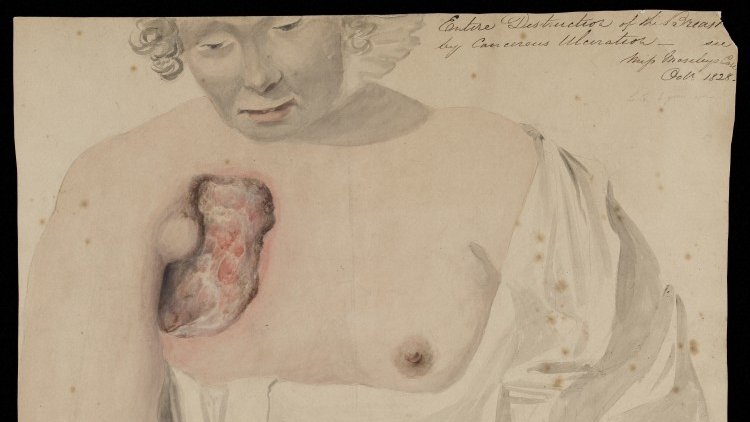
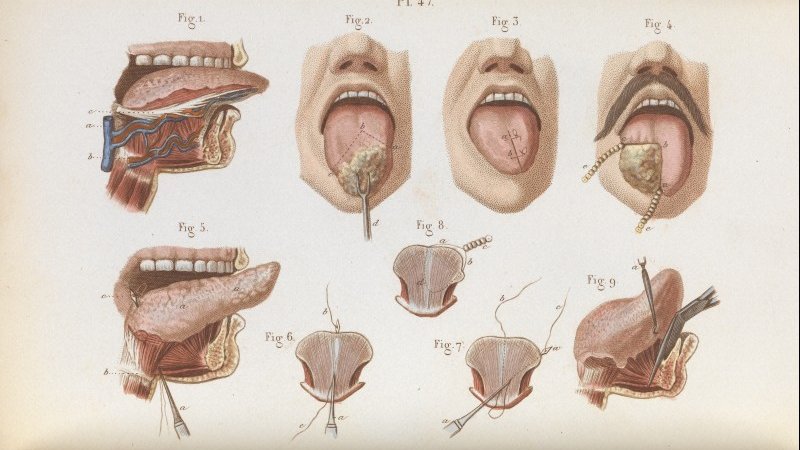
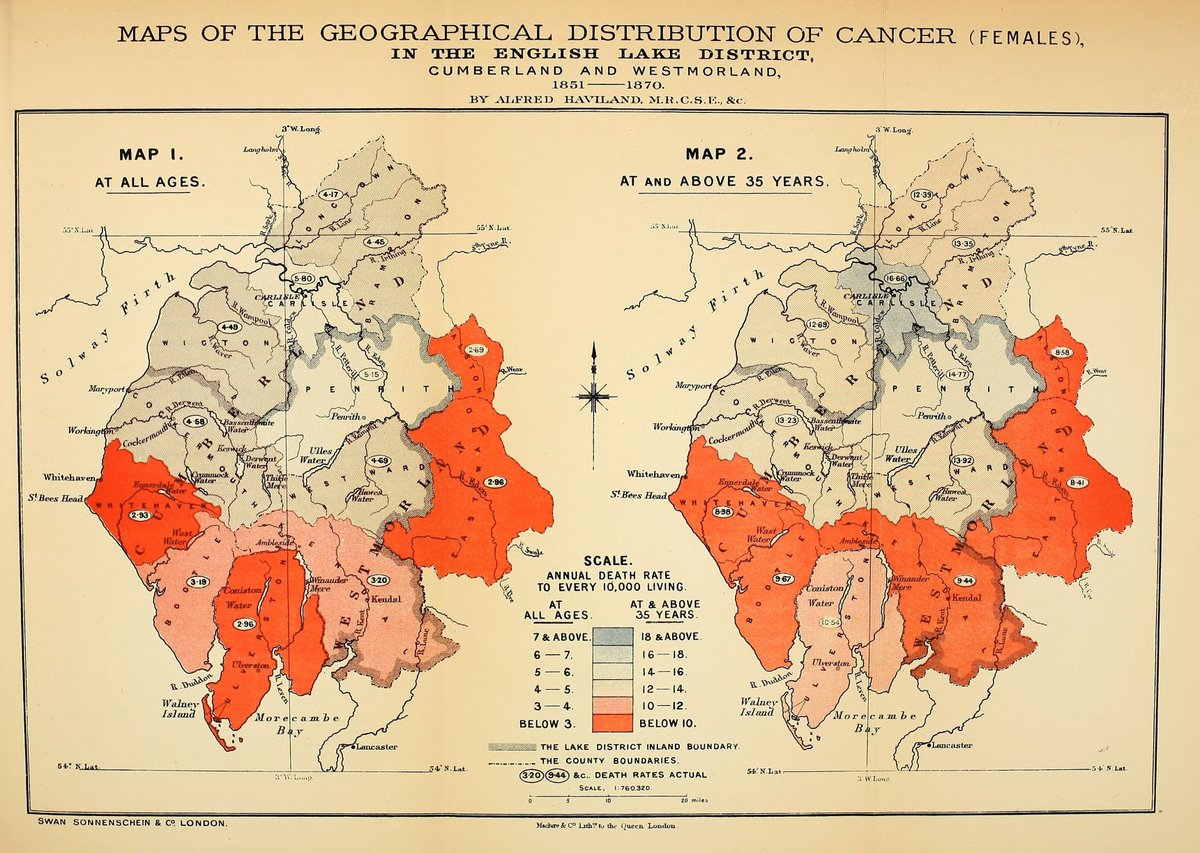
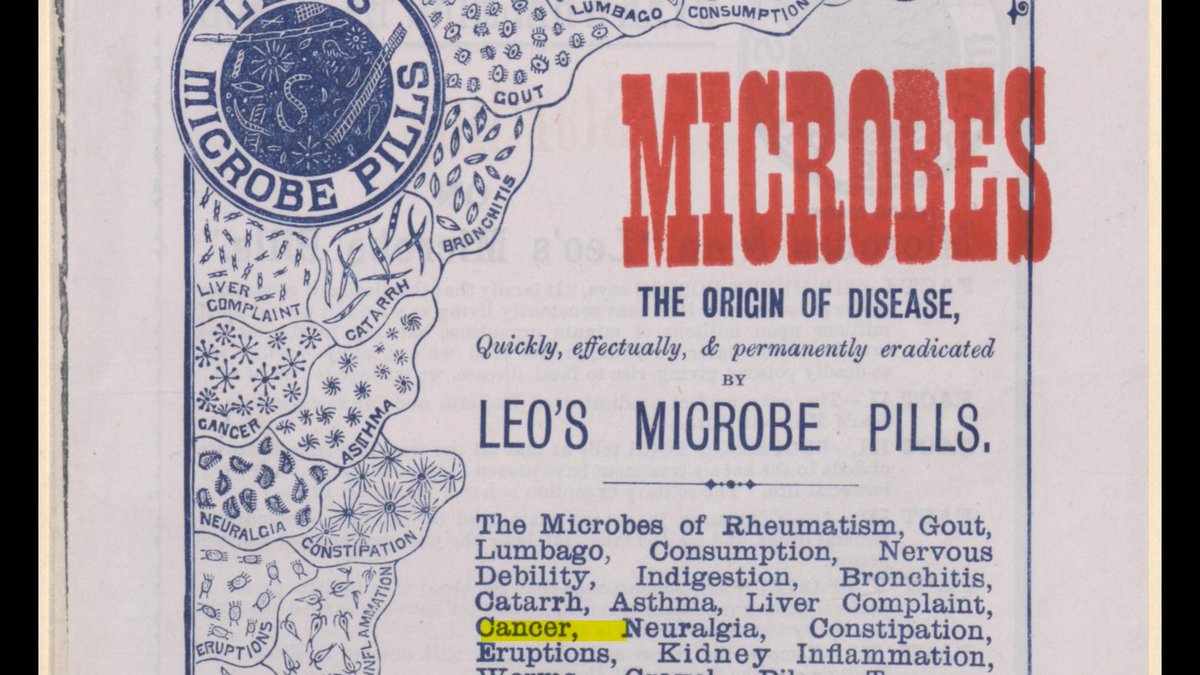
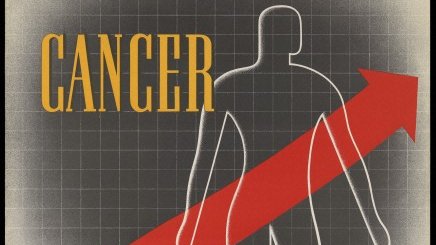
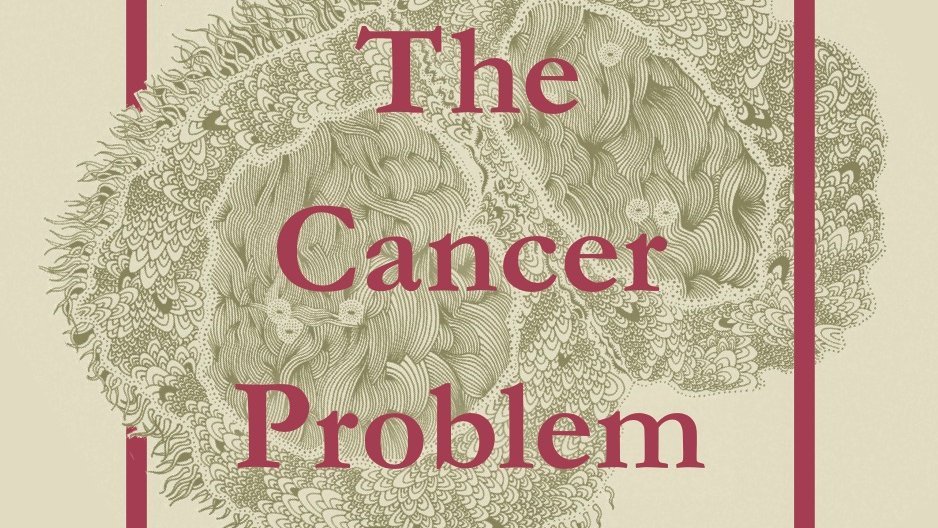 https://global.oup.com/academic/..." title="You& #39;ll have to buy/borrow it to find out whether cancer really was a product of progress...! You can find a copy here and hopefully in any good university library. Please do ask me any questions, very happy to chat about all things cancer https://abs.twimg.com/emoji/v2/... draggable="false" alt="🦀" title="Krabbe" aria-label="Emoji: Krabbe"> https://global.oup.com/academic/..." class="img-responsive" style="max-width:100%;"/>
https://global.oup.com/academic/..." title="You& #39;ll have to buy/borrow it to find out whether cancer really was a product of progress...! You can find a copy here and hopefully in any good university library. Please do ask me any questions, very happy to chat about all things cancer https://abs.twimg.com/emoji/v2/... draggable="false" alt="🦀" title="Krabbe" aria-label="Emoji: Krabbe"> https://global.oup.com/academic/..." class="img-responsive" style="max-width:100%;"/>


